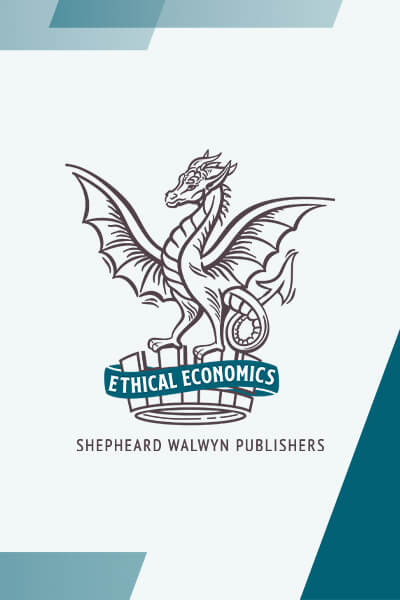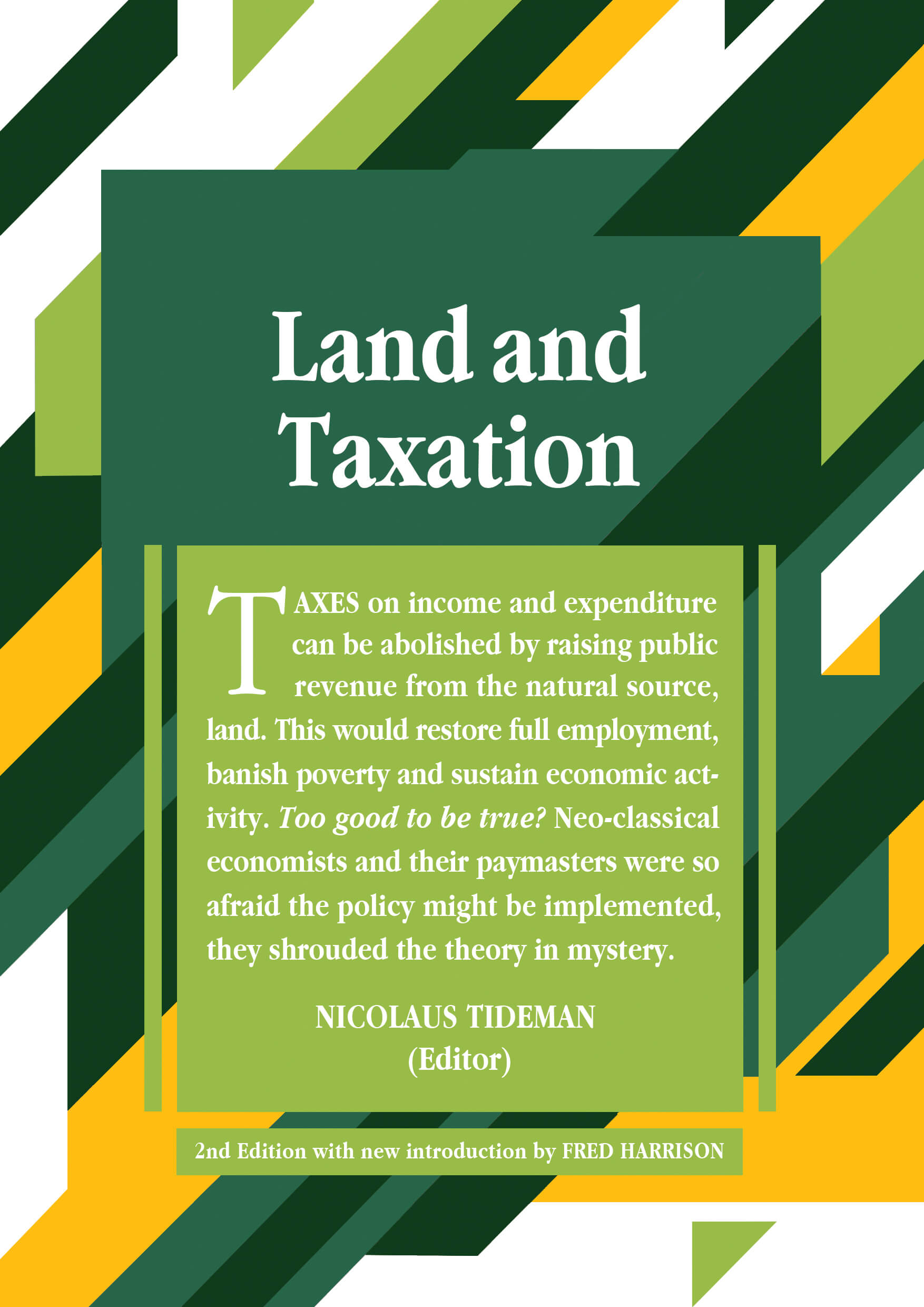The case for taxing land has been raised in a number of articles recently. For example, The Economist leader (4th April) argued that ‘governments should impose higher taxes on the value of land’, pointing out that ‘land taxes are efficient’ and ‘difficult to dodge’. It also noted the important distinction between property taxes, such as the Council Tax, which values the building and the land on which it stands, whereas a land-value tax values the land only. The former discourages investment because it would push up the tax payable. A land-value tax does not have that negative effect, on the contrary a land-value tax ‘creates an incentive to develop unused sites’. A land-value tax is also a means of automatically recovering for the public purse expenditure on infrastructure through the uplift in land values consequent upon the investment.
In the June issue of Prospect, Philip Collins argues that ‘the UK taxes labour and endeavour too much, and land and property too little’. He suggests that ‘the compulsory seizure of money [by the taxman] deserves a more principled defence … The best principle for taxation can be found in Herbert Asquith’s Budget of 1907’ which were then ‘embodied in David Lloyd George’s “People’s Budget” of 1909’. He concludes that this shift is ‘no small measure, either. A tax of 1 per cent on the £5tn of British land would raise £50bn. That would be enough to cut income tax by a third or abolish corporation tax entirely.’
The term ‘land’ to most people tends to convey the idea of green fields, but the authors of Our Land, Our Rent, Our Jobs point out that a land-value tax would raise far more revenue from urban than rural land (a square metre of land in the financial centre of Johannesburg is worth about one million times more than a square metre of the poorest grazing land). Thus, the burden of current taxation would be lifted off rural areas, making these sub-marginal areas viable again, reducing the pressure to migrate to the shanty towns of the big cities in search of work.
The high concentration of land ownership in the hands of the white population, who now comprise less than 10% of the population, is a sensitive political issue, but the concentration of landownership is not confined to South Africa. The New Statesman (24th June) pointed out that ‘with the exception of Spain, Britain has the most unequal concentration of land ownership in Europe … 69% of the 60 million acres in the UK are owned by 0.6% of the population’. The article points out that the Scottish National Party has resurrected the issue of land reform and urges the other political parties to do so as well. ‘In 2010, when he first stood for the Labour leadership, Andy Burham advocated a land value tax and the Liberal Democrats proposed the same in their general election manifesto. As both parties seek to resolve their crises, they should make land reform a defining cause once again.’ Read full article.







